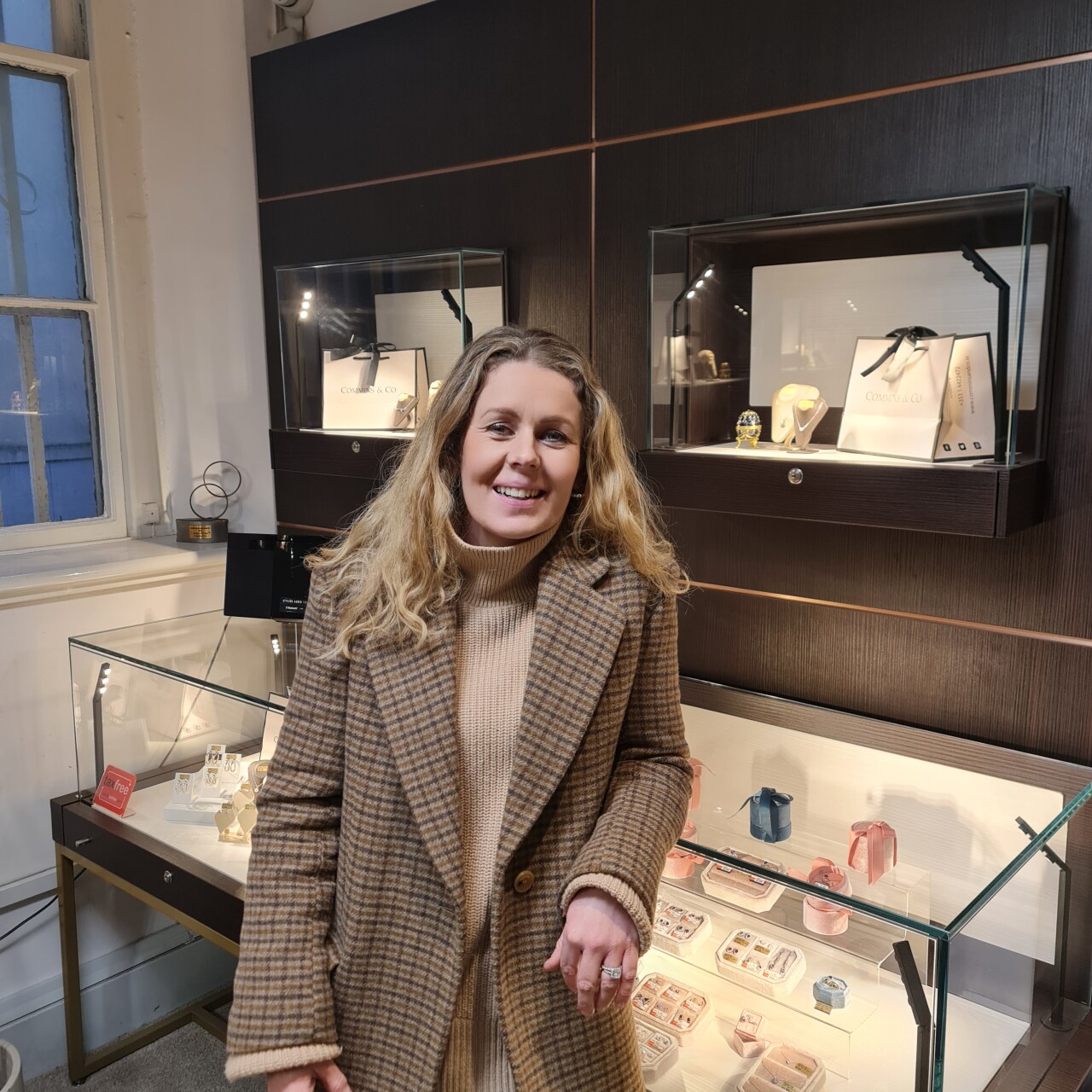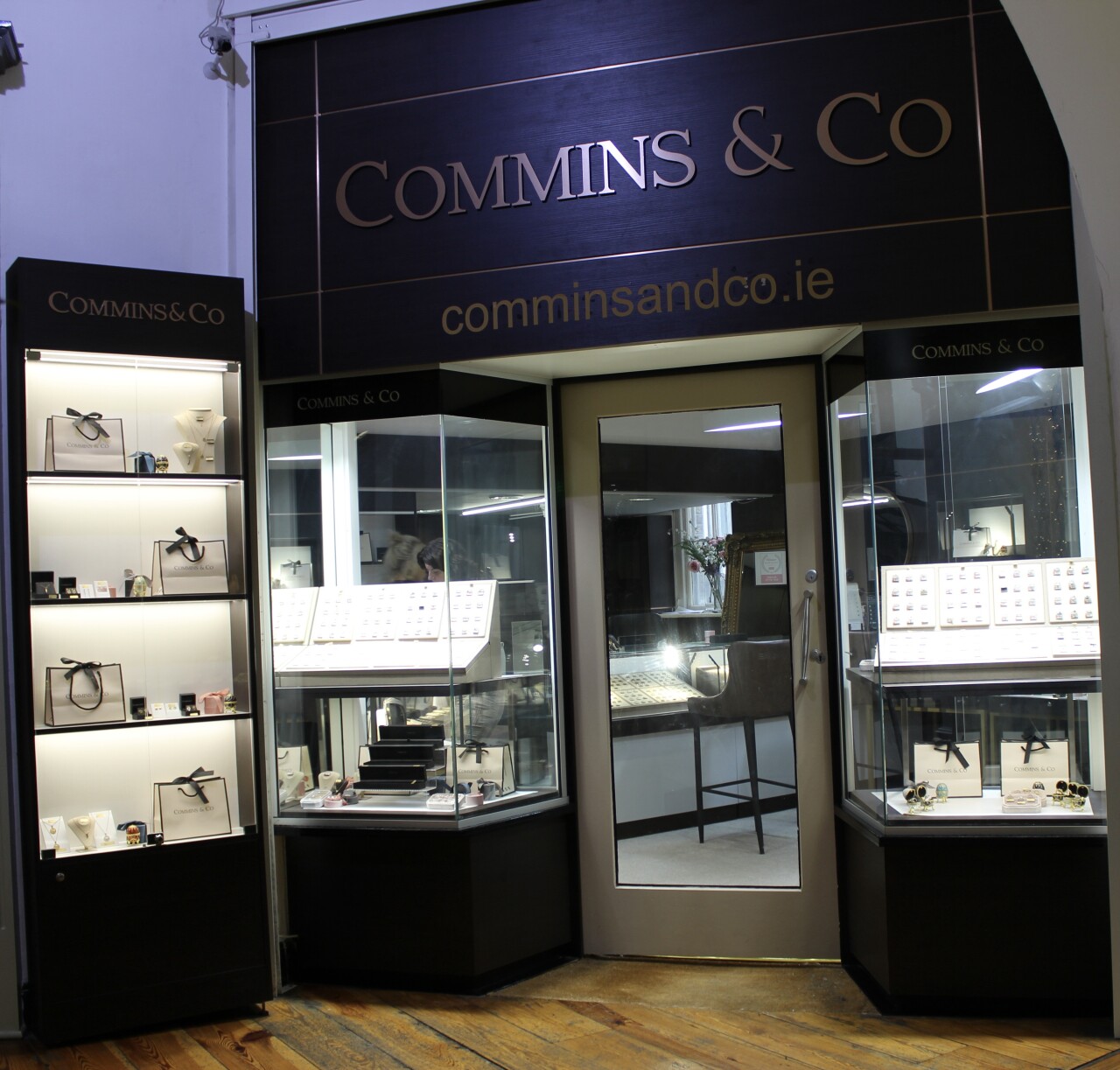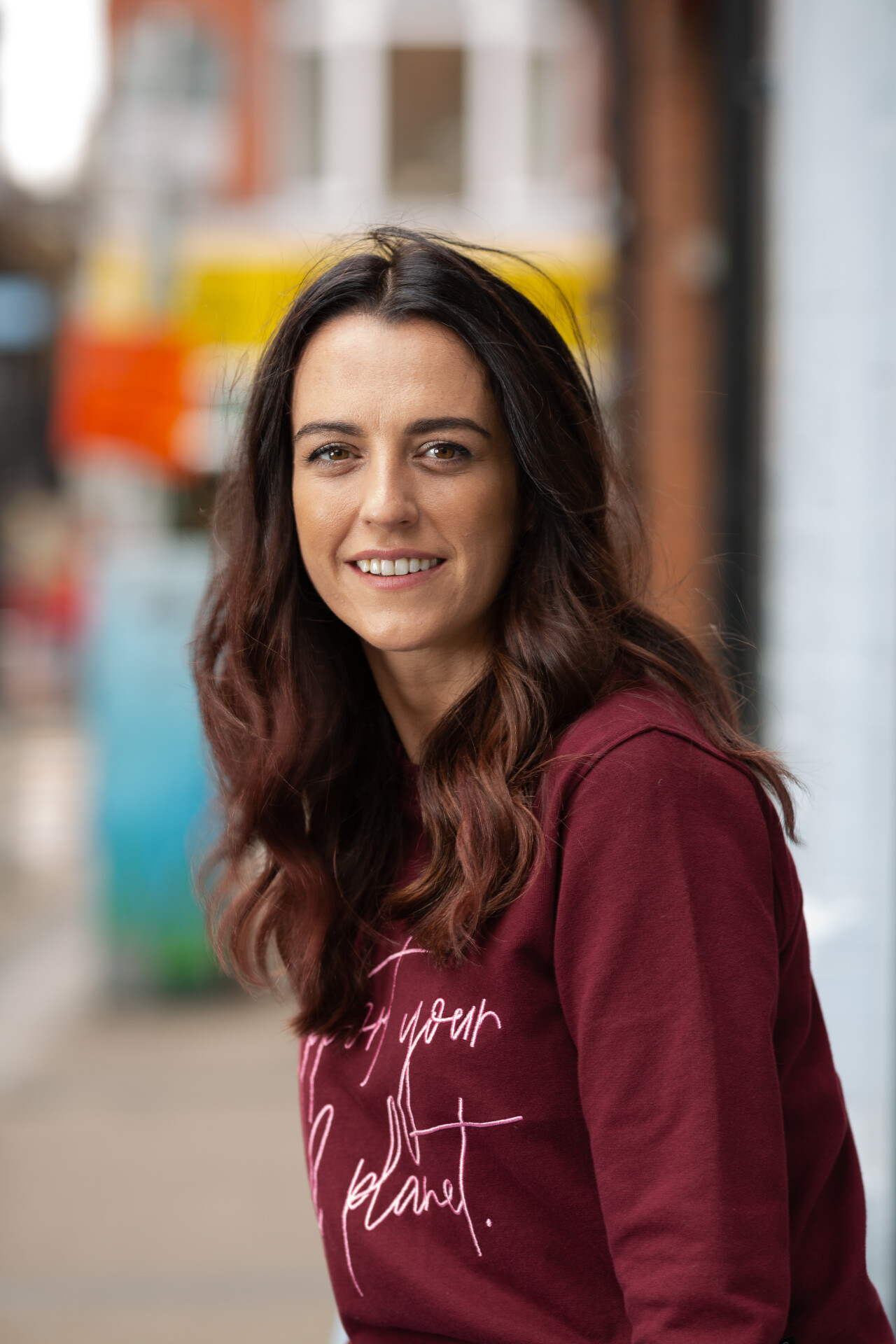Sparkling Synthetic Diamonds
Desperate times call for desperate measures. Jewellery, too, has taken an unexpected but economical route, particularly the unique and intriguing engagement ring. Lab grown diamonds are the cost-effective solution without compromising on quality.
Carbon deposits found below the earth’s surface crystallise due to intense heat and pressure to form diamond rocks. These are then transported close to the earth’s surface by volcanic eruptions. The diamonds are mined by removing them from the magma.
‘Lab-grown or synthetic diamonds’ are also real diamonds. However, they are created in a specialised foundry or laboratory that replicates the natural processes of combining carbon with heat and pressure like mined diamonds.
Production of cultured diamonds is categorised as either high-pressure -high-temperature (HPHT) or chemical vapour deposition (CVD). The HPHT method uses a diamond seed or a very small diamond placed into a piece of carbon. Then this carbon is pressurised and heated to temperatures over 1482 degrees Centigrades. These conditions melt the carbon, forming a bigger, newer diamond. This is then carefully cooled.
Like HPHT, CVD also uses a diamond seed. It is placed inside a sealed chamber that is heated to 760 degrees Centigrade and filled with carbon-rich gases (methane and hydrogen). These gases are then ionised into plasma which breaks down the molecular bond of the gas. Pure carbon begins to stick to the seed and a new diamond forms.
In a matter of weeks, the diamond grows in its own way, with a one-of-a-kind pattern. There is also no visual difference between natural or cultured diamonds. These synthetic diamonds have virtually the same chemical composition, crystal structure, optical and physical properties as a natural diamond.
This budget-friendly and sustainable option is considered the more ethical and environmentally friendly choice. Lab-grown diamonds also provide full traceability and the reassurance that they are created with little to zero carbon footprint. Pricewise, a man-made diamond is nearly 50% lower than a comparable natural diamond. ‘Blood diamonds’ are natural diamonds linked to child labour, poor working conditions, human rights violations and fund armed conflicts in war-torn areas.
Just like a natural diamond, each synthetic diamond is cut and polished to perfect proportions to maximise brilliance and is graded by a gemmologist, according to the strictest professional standards. Lab-grown diamonds are also recognised by the International Gemological Institute (IGI). Synthetic diamonds like natural diamonds, are graded by the 4Cs - cut, colour, clarity and carat (unit weight used to measure the size). The cost of any diamond, be it natural or synthetic, is dependent on all four factors.
Amárach spoke with Áine Commins, the co-owner and director of the Award-Winning Dublin-based jewellers, Commins and Co. and Bespoke Diamonds -the pioneers in ethically sourced diamonds in Ireland. They shifted to lab-grown diamonds over 10 years ago, priding themselves as being at the forefront of this monumental change in the Irish industry. Since the demand has increased for lab grown diamonds, they have branched out into other lab grown gemstones, like sapphires, emeralds and rubies. Breaking into a saturated market is not easy. Today’s informed consumer will first check online reviews, or by word-of-mouth to find reputable jewellers as they are spending a substantial amount. Over 60% of their business comes through recommendations and that is no match for online sellers or pop-up shops.
There is a misconception that sustainable brands are also less cost effective, but the opposite is true for gems. Technology has progressed making it possible for sustainable, raw materials to be used more cost effectively.
“While many jewellers continue with the ‘this is how we always did it’ mentality, Commins and Co. have always had a ‘we can do better’ mindset,” said Áine Commins, the co-owner of Commins and Co. and Bespoke Diamonds.
“We also take pride in our processes and methods of production to ensure costs are controlled so we offer the benefit of both sustainability and affordability. The reality is that Millennials and Gens X and Y were not happy with how the jewellery industry operated in the past. Gen Z won't accept the old ways of doing things. Sustainability is the future for all businesses and those that don't make the necessary changes will be left behind,” Commins explained.
With the explosion of all kinds of technology, comes a flood of Asian online sites also promoting lab-grown diamonds. This has an impact on the jewellery trade here in Ireland. In Commins’ opinion, “the cheap materials used by online sellers, and sold without warranty or service options, means they cannot be expected to last more than a couple of years. However, people want to be sure what they choose will last, particularly engagement rings and fine jewellery. Customers appreciate quality because they can hand it down to their children and grandchildren,” Commins said.
Discussing Covid, Commins said, “our products are priced to be attainable - we have quality engagement rings starting from under €1,000. During Covid, people were not meeting or getting married. So, our main business was set back significantly, although we made it through with some adjustment in how we offered our services.
Their store has also weathered inflation well, Commins revealed “Inflation, the war and the energy crisis have all caused prices to increase but we have managed to avoid this through streamlining our services and production. As we make our own products in-house, we have a lot more control over the entire process than many jewellers, so we are lucky in that way,” Commins added.
A happy customer shopping at Cahill Jewellers whole-heartedly also supported buying synthetic diamonds. “Recently, there has been an explosion of synthetic diamonds on the market. They are pocket-friendly and ethically sourced. The naked eye can’t tell the difference in the shine and quality. They do stand the test of time, just like true love and natural diamonds. I have had mine for nearly 28 years. I plan on passing it down to my granddaughter,” said Fiona Walsh (55).
Commins and Co are located at Unit 23N Powerscourt Townhouse Centre, 59 William St S, Dublin, D02 HY24. For more information visit https://www.comminsandco.ie/
BeSpoke Diamonds are located at 33 Kildare St, Dublin 2, D02 YD95. For more information visit https://www.bespokediamonds.ie/


